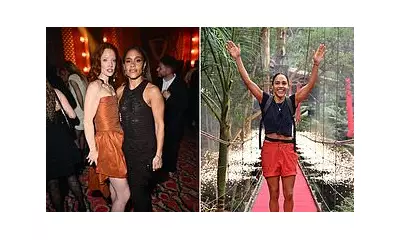
In a bold and unapologetic television appearance, a British woman is spearheading a national conversation about polyamory and challenging deep-seated stereotypes about non-monogamous relationships.
The participant, who remains anonymous, features in Channel 4's provocative documentary 'Couples Who Sleep With Other People', offering a rare glimpse into the world of consensual non-monogamy.
Living Authentically in a 'Throuple'
She candidly shares her experience of being in a committed 'throuple' - a three-person relationship - emphasizing the foundation of honesty and mutual consent that makes their arrangement work. "We're not cheating," she clarifies, drawing a crucial distinction between polyamory and infidelity. "Everyone knows about everyone. It's all out in the open, which is why it works."
Her decision to go on national television was deeply personal. She aims to normalize alternative relationship structures and provide visibility for others who might be exploring similar paths but feel isolated due to societal judgment.
Confronting Criticism and Changing Narratives
Despite the potential for backlash, she stands firmly by her lifestyle choice. She addresses common criticisms head-on, particularly the misconception that polyamorous relationships are inherently unstable or lack commitment.
"People have this idea that it's just about sex, but it's about so much more," she explains. "It's about connection, communication, and building a life with multiple people you love. The narrative needs to change."
By participating in the documentary, she hopes to demystify polyamory and showcase it as a valid, fulfilling way to love for those who choose it.
A Growing Movement in Modern Britain
This television feature signals a growing openness in the UK to discussing and understanding diverse relationship models. The documentary is part of a broader trend in media exploring non-traditional partnerships, reflecting a societal shift towards greater acceptance.
The woman's story is not presented as a universal solution but as one example of how modern relationships can successfully function outside conventional monogamy, provided there is transparency and respect among all involved.





